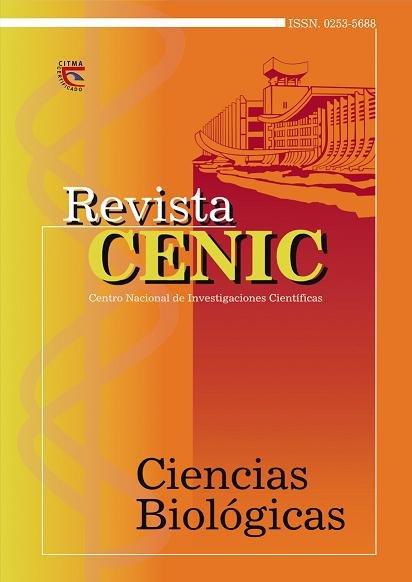CONTRIBUTION TO THE STUDY OF THE ANTI-INFLAMMATORY ACTION MECHANISM FROM NATURAL EXTRACT OF Mangifera indica L. (VIMANG®)
Abstract
This thesis is linked to inflammation and the pharmacology of natural products. Ethnomedical knowledge originated in Cuba with the Mangifera indica L. species served as the basis for the Center for Pharmaceutical Chemistry obtained a standardized aqueous extract of the bark of this species, which was commercializes under the Registered Trademark VIMANG®. In investigations carried out it was possible to show that said extract has a powerful antioxidant action, as well as an immunomodulatory effect and that within the polyphenols present in the mixture, mangiferin is found in a higher proportion. Based on this background, it was considered It is necessary to study the anti-inflammatory effect of said extract, as well as to delve into the mechanisms involved in said action and the role played by its majority component. The thesis consists of 98 pages and its structure includes an introduction, five chapters, references bibliographic and other information. The Introduction addresses in six pages in a synthetic way, both the state of the art of the inflammatory process as well as the research and development of anti-inflammatory compounds. The hypothesis is also raised, two objectives general and three specific objectives in a clear and precise way, aimed at the study of Mangifera extract indicates L. as an anti-inflammatory agent and the elucidation of its mechanism of action.Downloads

Downloads
Published
How to Cite
Issue
Section
License

This work is licensed under a Creative Commons Attribution-NonCommercial-ShareAlike 4.0 International License.
Los autores que publican en esta revista están de acuerdo con los siguientes términos:
Los autores conservan los derechos de autor y garantizan a la revista el derecho de ser la primera publicación del trabajo al igual que licenciado bajo una Creative Commons Atribución-NoComercial-CompartirIgual 4.0 Internacional que permite a otros compartir el trabajo con un reconocimiento de la autoría del trabajo y la publicación inicial en esta revista.
Los autores pueden establecer por separado acuerdos adicionales para la distribución no exclusiva de la versión de la obra publicada en la revista (por ejemplo, situarlo en un repositorio institucional o publicarlo en un libro), con un reconocimiento de su publicación inicial en esta revista.
Se permite y se anima a los autores a difundir sus trabajos electrónicamente (por ejemplo, en repositorios institucionales o en su propio sitio web) antes y durante el proceso de envío, ya que puede dar lugar a intercambios productivos, así como a una citación más temprana y mayor de los trabajos publicados (Véase The Effect of Open Access) (en inglés).














